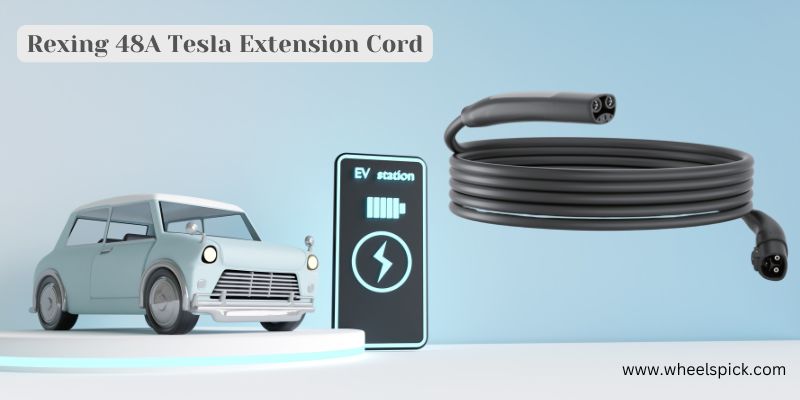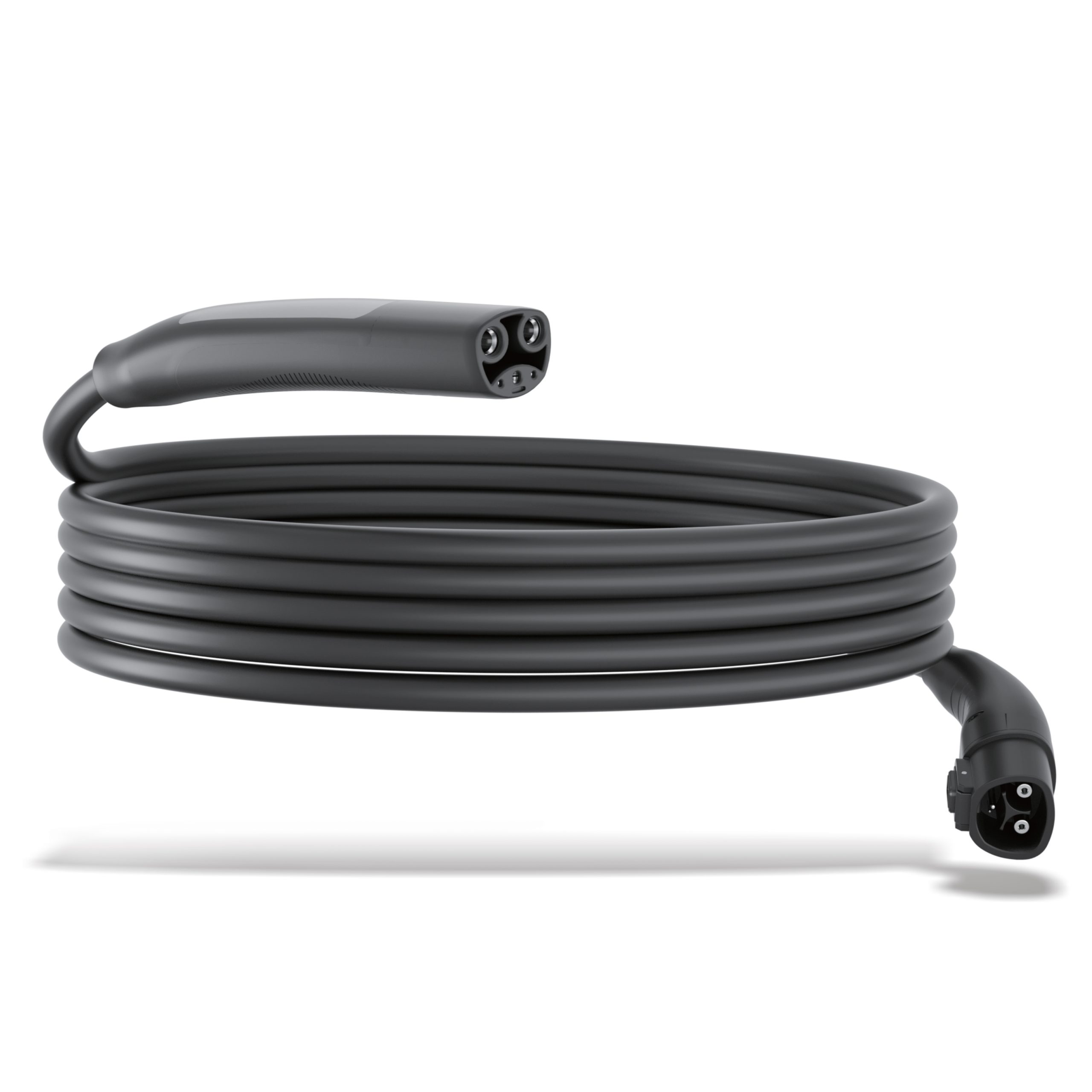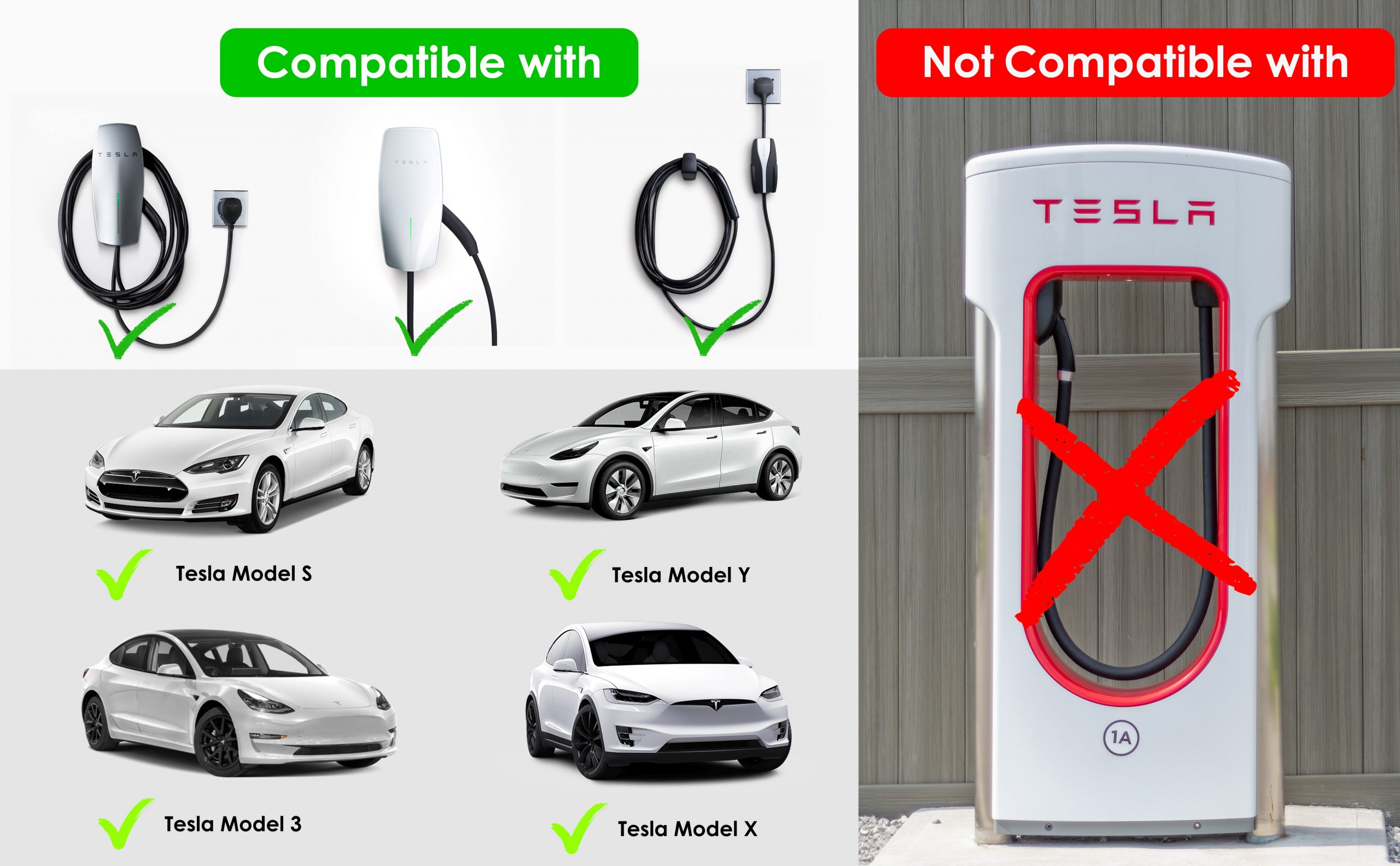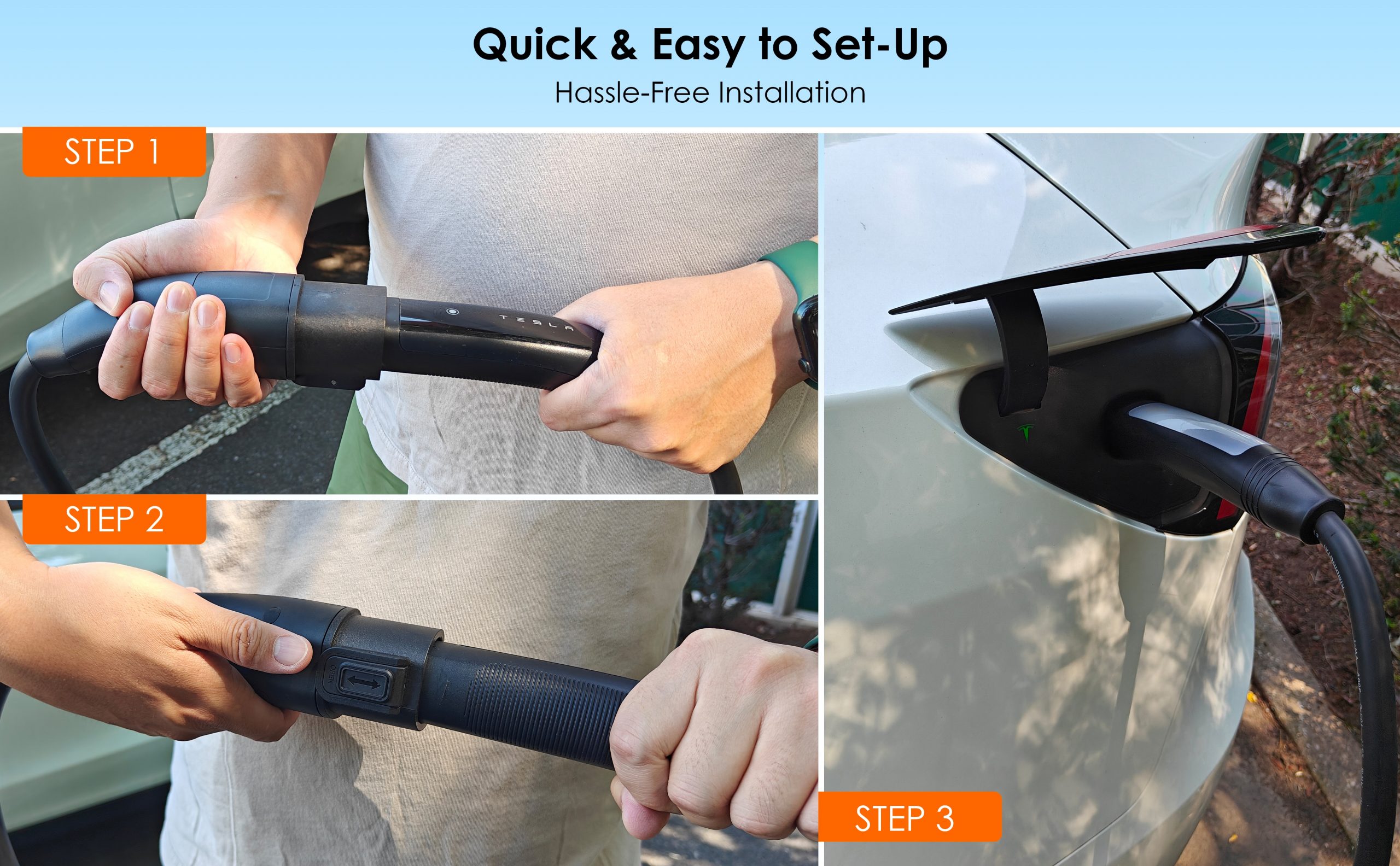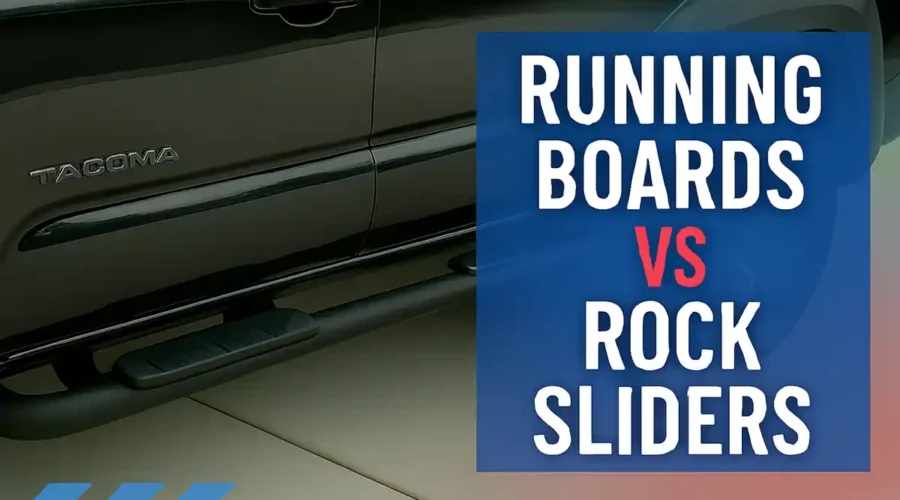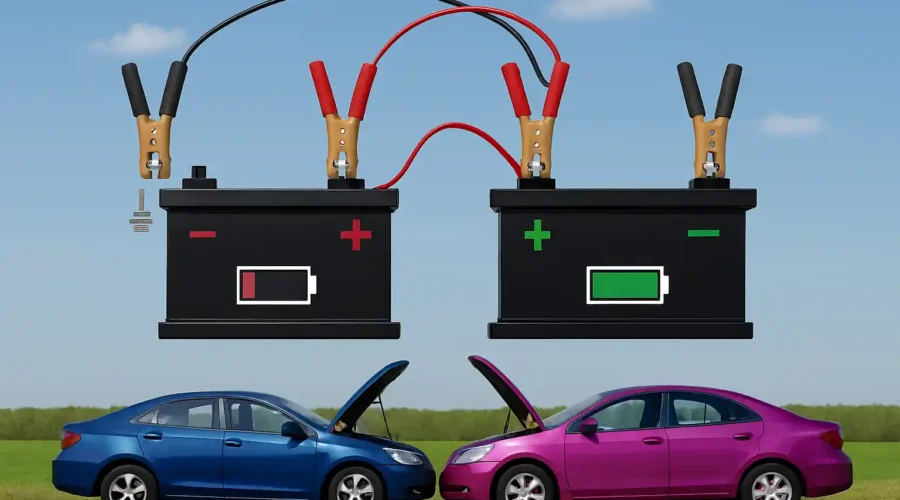When it comes to charging your electric vehicle (EV), convenience and safety are paramount. I’ve spent considerable time researching the 10 best EV charging extension cords, and I’m excited to share my findings with you. Whether you need a heavy-duty option or something more flexible, this guide will help you find the perfect cord to keep your EV charged and ready for the road.
Rexing 48A Tesla Extension Cord : Top Picks for Fast & Safe Charging
: Top Picks for Fast & Safe Charging
First and foremost, let’s dive into what makes a great EV charging extension cord. The
Rexing 48A Tesla Extension Cord stands out as one of the top choices for EV owners, offering a solid combination of durability, length, and safety features.
To begin with, this extension cord is designed to handle high amperage, up to 48A, making it suitable for Tesla and other electric vehicles. It’s a heavy-duty cord that ensures efficient power transfer without overheating, giving you peace of mind during long charging sessions. This means you can confidently leave your vehicle charging overnight without worrying about potential hazards.
Moreover, the cord’s substantial length provides flexibility, especially if your charging port is located far from a power source. No more struggling to park close to an outlet or using multiple cords to get the job done. The Rexing 48A extension cord is long enough to give you the freedom to charge your EV wherever you park it.
Another key point is the cord’s robust construction. It’s built to withstand harsh weather conditions, from freezing winters to scorching summers. This makes it an excellent choice for those who need a reliable charging solution year-round. However, this durability does come with a bit of weight, so it’s not the most portable option if you need to move it frequently.
Finally, while the Rexing 48A Tesla Extension Cord offers great performance, it is on the pricier side. But when you consider the long-term benefits of investing in a high-quality extension cord, the cost becomes a worthwhile consideration.
Pros:
- Supports high amperage (48A)
- Durable and weather-resistant construction
- Generous length for flexible charging
- Reliable and safe for overnight charging
Cons:
- Higher price point
- Heavier
Specifications
- Amperage: 48A
- Length: 20 feet
- Weight: 12 lbs
- Weather Resistance: Yes (all-weather)
- Compatibility: Tesla and other EVs
- Safety Features: Overheat protection
How To Choose The Best EV Charging Extension Cord
1. Consider Amperage Needs
When selecting an EV charging extension cord, the first factor to consider is the amperage it supports. If you have a high-powered EV like a Tesla, you’ll want a cord that can handle at least 40-48A to ensure efficient charging without overheating.
2. Evaluate Cord Length
The length of the cord is another crucial factor. Depending on where your charging port and power source are located, you might need a longer cord to comfortably reach. A 20-foot cord is generally a good starting point for most situations.
3. Check Durability and Weather Resistance
Durability is key, especially if you’ll be using the cord outdoors. Look for a cord that’s built to withstand extreme weather conditions, ensuring it remains reliable regardless of the environment.
4. Assess Portability
If you plan to carry your extension cord with you for charging at different locations, consider the cord’s weight and portability. Heavier cords may be more durable but can be cumbersome to transport.
5. Verify Safety Features
Safety should never be compromised. Ensure that the cord has built-in features such as overheat protection and insulation to prevent accidents during use.
In conclusion, choosing the right EV charging extension cord is essential for both safety and convenience. The Rexing 48A Tesla Extension Cord is an excellent option, offering high amperage support, durable construction, and a generous length. While it is a bit pricier and heavier than some alternatives, the investment is well worth it for those who value reliability and performance. Ultimately, the right cord will make your EV charging experience smoother and safer, ensuring your vehicle is always ready for your next journey.
Heavy-Duty vs. Standard Extension Cords
When it comes to charging your electric vehicle (EV), the choice between heavy-duty and standard extension cords can significantly impact both the efficiency and safety of the charging process. Let’s break down the differences between these two types of cords and help you determine which one is best suited for your needs.
1. Amperage Capacity
One of the most critical differences between heavy-duty and standard extension cords is their amperage capacity. Heavy-duty cords are designed to handle higher amperage, typically ranging from 40A to 48A, which is necessary for charging high-powered EVs like Teslas. Standard extension cords, on the other hand, usually support lower amperage, often between 10A to 20A, making them unsuitable for heavy-duty EV charging.
| Type of Cord | Typical Amperage Range | Suitable For |
|---|---|---|
| Heavy-Duty Extension Cord | 40A – 48A | High-powered EVs (e.g., Tesla) |
| Standard Extension Cord | 10A – 20A | Low-power applications (not recommended for EVs) |
2. Durability and Build Quality
Heavy-duty extension cords are built to last, with robust insulation and weather-resistant materials that can withstand harsh outdoor conditions. These cords are designed to handle the wear and tear of regular use, especially in challenging environments. In contrast, standard extension cords often feature lighter insulation and are more susceptible to damage from exposure to the elements, making them less reliable for frequent or long-term outdoor use.
| Type of Cord | Durability | Weather Resistance |
|---|---|---|
| Heavy-Duty Extension Cord | High | Excellent (designed for all-weather conditions) |
| Standard Extension Cord | Moderate | Limited (not ideal for extended outdoor use) |
3. Length and Flexibility
Heavy-duty cords are often available in longer lengths, such as 20 to 30 feet, providing greater flexibility in charging locations. This is particularly useful when the distance between your power source and EV is significant. Standard extension cords are typically shorter, which can be limiting if you need to stretch across a driveway or garage.
| Type of Cord | Typical Length | Best Use Case |
|---|---|---|
| Heavy-Duty Extension Cord | 20 – 30 feet | Charging EVs in driveways, garages, or parking lots |
| Standard Extension Cord | 6 – 15 feet | Short-distance applications, not ideal for EVs |
4. Safety Considerations
Safety is a paramount concern when charging an EV. Heavy-duty extension cords are equipped with safety features such as overheat protection, thicker insulation, and secure connectors designed to handle high power loads safely. Standard cords, lacking these features, are more prone to overheating, leading to potential fire hazards when used for EV charging.
| Type of Cord | Safety Features | Risk Level for EV Charging |
|---|---|---|
| Heavy-Duty Extension Cord | Overheat protection, thick insulation | Low (designed for safe EV charging) |
| Standard Extension Cord | Basic insulation, no overheat protection | High (not recommended for EV charging) |
5. Cost and Investment
Heavy-duty extension cords are generally more expensive due to their enhanced features and materials. However, this higher initial cost is justified by the long-term benefits, including reliability, safety, and durability. Standard extension cords are cheaper but may not offer the necessary performance or safety for EV charging, making them a less viable option for most EV owners.
| Type of Cord | Cost | Long-Term Value |
|---|---|---|
| Heavy-Duty Extension Cord | Higher | High (reliable, durable, and safe) |
| Standard Extension Cord | Lower | Low (not suitable for long-term EV use) |
Which Should You Choose?
When deciding between a heavy-duty and a standard extension cord for EV charging, the choice is clear: heavy-duty extension cords are the safer, more reliable option. They provide the necessary amperage, durability, length, and safety features that are crucial for effectively and safely charging your electric vehicle. While they may be more expensive, the investment pays off in the form of peace of mind and long-lasting performance. On the other hand, standard extension cords should be avoided for EV charging due to their limitations in power handling and safety.
Quick and Easy Set-Up of Rexing EV Extension Cords
Setting up your Rexing EV Extension Cord is designed to be as seamless and straightforward as possible, ensuring that you can start charging your electric vehicle (EV) quickly without any hassle. Below is a detailed step-by-step guide based on the provided images, showing just how easy it is to get your EV charging setup ready.
Step 1: Securely Connect the Extension Cord
Begin by holding the male end of the extension cord, which is the connector that plugs into your EV charger. Make sure you have a firm grip on the connector, ensuring that it aligns correctly with the charger’s socket. Insert the plug securely until you feel it lock into place. This secure connection is essential for ensuring that the power flows efficiently and safely from the charger to the extension cord.
Step 2: Attach the Cord to the Charger
Once the extension cord is connected to the charger, the next step is to connect the other end to your EV’s charging port. The Rexing EV Extension Cord is designed with a simple and intuitive locking mechanism that makes this process quick and secure. Align the connectors, then push them together firmly until you hear or feel a click, indicating that the connection is locked. This ensures that the cord stays in place during the entire charging session, even in cases of movement or vibration.
Step 3: Plug Into Your EV’s Charging Port
Finally, plug the connector at the other end of the extension cord into your EV’s charging port. Make sure the connector is fully inserted and secure. The design of the Rexing cord allows for a snug fit that minimizes the risk of disconnection. Once connected, your EV should begin charging immediately, indicated by the charging status lights on your vehicle.
The entire process is designed to take just a few minutes, with no need for complicated tools or technical know-how. Rexing’s user-friendly design ensures that anyone can set up their EV extension cord with ease.
Advantages of the Rexing EV Extension Cord Setup
- Hassle-Free Installation: The step-by-step setup is intuitive, making it easy for even first-time users to connect their EVs to a power source.
- Secure Connections: The locking mechanisms at both ends of the cord ensure a stable and reliable connection, preventing accidental disconnections during charging.
- Durable Construction: Built to withstand frequent use, the Rexing extension cord’s connectors are designed for repeated plugging and unplugging without wearing out.
Setup Summary Table
| Setup Step | Description | Benefit |
|---|---|---|
| Step 1: Connect to Charger | Securely insert the male end of the cord into the charger’s socket. | Ensures efficient power flow and safety. |
| Step 2: Lock Mechanism | Attach and lock the other end to the charger with a firm click. | Prevents disconnection during charging. |
| Step 3: Plug Into EV | Insert the connector into your EV’s charging port securely. | Starts charging immediately. |
The Rexing EV Extension Cord setup is designed for quick, easy, and secure installation, allowing you to get your EV charging without any unnecessary complications. Whether you’re at home, at work, or on the go, you can trust that Rexing’s thoughtful design will keep your vehicle powered up and ready to drive.
Frequently Asked Questions (FAQs) About EV Charging Extension Cords
Can I use any extension cord to charge my electric vehicle (EV)?
No, you should not use just any extension cord to charge your EV. Regular household extension cords are not designed to handle the high amperage required for EV charging, which can lead to overheating, electrical fires, or insufficient charging. It’s crucial to use a heavy-duty extension cord specifically rated for EV charging, with proper insulation and safety features.
What amperage should an EV charging extension cord support?
An EV charging extension cord should support a minimum of 32A, but for optimal performance and safety, it’s recommended to use one that supports 40A to 48A. This ensures the cord can handle the power required by most electric vehicles, particularly those with higher charging demands like Tesla models.
How long should my EV charging extension cord be?
The ideal length of an EV charging extension cord depends on your specific needs. A 20 to 30-foot cord is typically sufficient for most situations, allowing flexibility in where you park your vehicle relative to the power source. However, longer cords may result in slight power loss, so it’s best to use the shortest length necessary for your setup.
Are there any safety concerns with using an EV charging extension cord?
Yes, safety is a significant concern. Using an inappropriate or low-quality extension cord can lead to overheating, electrical shorts, and potential fire hazards. Always use a heavy-duty cord designed for EV charging, with features like overheat protection and proper insulation to minimize risks. Regularly inspect the cord for wear and damage to ensure continued safe use.
Can I leave my EV charging extension cord outside in all weather conditions?
Many heavy-duty EV charging extension cords are built to be weather-resistant, capable of withstanding rain, snow, and extreme temperatures. However, it's important to check the specific cord's weather resistance rating. For maximum safety, ensure that the connections are secure and protected from direct exposure to the elements whenever possible.
Does using an extension cord affect the charging speed of my EV?
Using a high-quality, heavy-duty extension cord should not significantly affect your EV’s charging speed, provided the cord supports the required amperage and is of a suitable length. However, very long cords can cause a minor voltage drop, which may slightly reduce charging efficiency. To avoid this, use the shortest extension cord necessary for your situation.
What should I look for in an EV charging extension cord?
When choosing an EV charging extension cord, prioritize features such as high amperage support (40A to 48A), durable and weather-resistant construction, adequate length, safety certifications (such as UL listing), and additional safety features like overheat protection. A cord that meets these criteria will ensure safe and efficient charging for your EV.
Can I use a heavy-duty extension cord with any EV charger?
Yes, a heavy-duty extension cord can be used with most EV chargers as long as it meets the charger’s amperage and voltage requirements. However, it’s always best to check your EV charger’s manual or specifications to ensure compatibility with the extension cord you plan to use.
Conclusion
In conclusion, choosing the right EV charging extension cord is essential for both safety and convenience. The Rexing 48A Tesla Extension Cord is an excellent option, offering high amperage support, durable construction, and a generous length. While it is a bit pricier and heavier than some alternatives, the investment is well worth it for those who value reliability and performance. Ultimately, the right cord will make your EV charging experience smoother and safer, ensuring your vehicle is always ready for your next journey.

